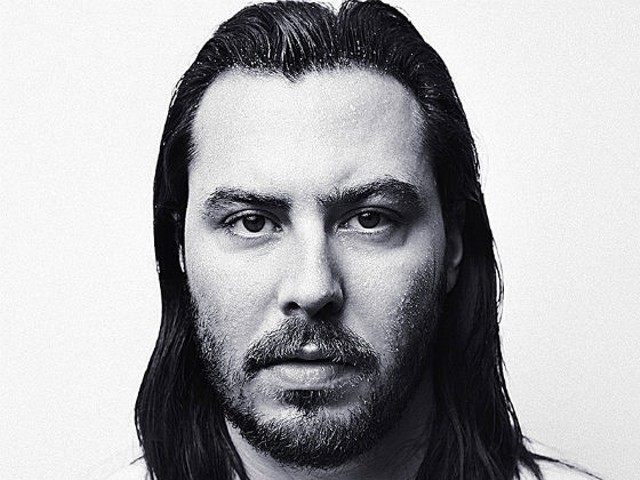Look back on a major category in a past year and there's usually a major disconnect between what is still blowing minds and what was even nominated. 1975 was an important year for music. Released that year: "Walk This Way," "Kashmir," "Bohemian Rhapsody," "Tangled Up in Blue," and "Born to Run." The Grammy nominees for Record of the Year the following February: "At Seventeen" by Janis Ian, "Lyin' Eyes" by the Eagles, "Mandy" by Barry Manilow, "Rhinestone Cowboy" by Glen Campbell and the winner, "Love Will Keep Us Together" by Captain and Tennille.
Then there is the category that overtly forces the Grammys to make a prediction, Best New Artist, a Hope Diamond of an award that has been bestowed upon Paula Cole, Marc Cohn, Debby Boone, A Taste of Honey, the Starland Vocal Band, and Hootie and the Blowfish.
You have to wonder why the Grammys almost always get it wrong. It could be that the awards were started by executives from major record companies. Their success is measured by chart success and they are paid to have an ear for mass-sellers first and the artists who will be influencing others in a generation second.
It could just be that Grammy voters are incredibly old. They judge the present by the standards of the past and that's why artists with a classic, safe appeal often win and forward-looking ones don't, and why the likes of Dylan and the Stones didn't win until there were Grammy voters whose formative years were filled with their music, and why, in turn, Sinatra was cleaning up when what would become classic rock was in its prime. (Occasionally, the Grammys feel some existential dread over this. They sought younger voters when Lionel Richie's Can't Slow Down beat out Purple Rain and Born in the U.S.A. for Album of the Year in 1985. And they reformed their entire voting process when a Three Tenors album got a nomination in that category.)
A work of art's lasting importance is not impossible to predict; our annual Pazz & Jop polls from years past feature the likes of the Who, Elvis Costello, the Sex Pistols, the Clash and Nirvana winning for the things for which they're still remembered, and the poll even managed to acknowledge formative hip-hop artists like Kurtis Blow and Grandmaster Flash. The Oscars, which largely recruits its voting body from past winners, can be reasonably relied on to pick great films, even if there is a head-scratcher every few years and it develops decades-long blind spots for an important person or two, like famously Martin Scorsese. The Grammys have about 60 Scorseses.
Given that track record, I have to wonder what exactly that DJ was congratulating Neil Young about.
RFT MUSIC'S GREATEST HITS
The 15 Most Ridiculous Band Promo Photos Ever "Where Did My Dick Go?" The Gathering of the Juggalos' Best Overheard Quotations I Pissed Off Megadeth This Week, My (Former) Favorite Band The Top Ten Ways to Piss Off Your Bartender at a Music Venue
Follow @rftmusic





